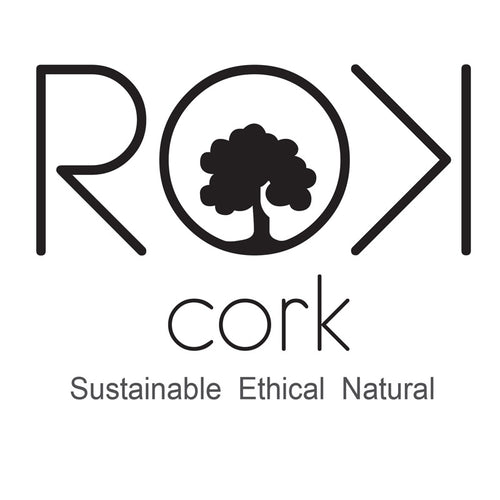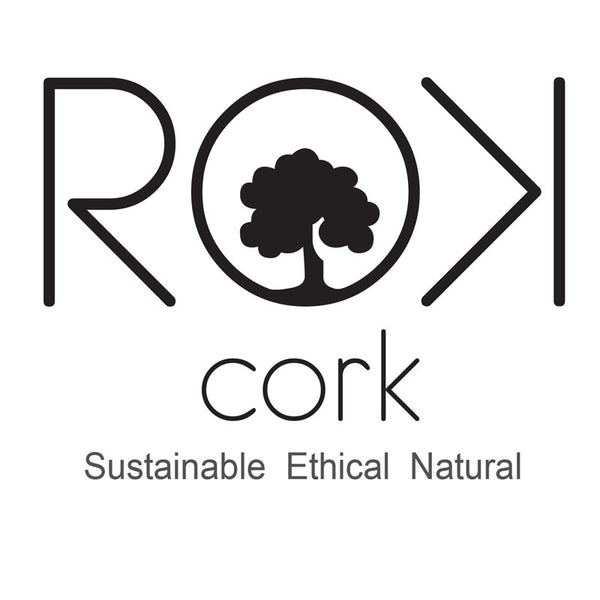CORK vs VEGAN LEATHERS "aka" Transformed Plastic
We frequently receive messages asking us if our products are truly natural and vegan. And why is that? Because currently in the world of fashion, it seems certain terms are being used loosely only to further confuse the customer who's true intentions is to really make an impact on the planet and live their ethos to the heart.
Many brands out there are simply considering the bottom line, and are not even concerned that their marketing is truly misleading, should the customer take the time to education themselves, they would quickly verify that:
VEGAN LEATHER "aka Plastic" is a fancy name for PU/PVC based products, and of course the word "leather" triggers that brain connection that if it's leather than it must be a quality product. Now, we are not saying that there aren't man made materials that are of premium quality, but those also reflect on the final retail price. Of course ultimately it's the customer that dictates what drives them to buy plastic based products and for that we should respect everyone's choices or lifestyle.
Also keep in mind that brands who are transparent will not list "This bag is made from non-leather, cruelty-free materials using highly skilled manufacturing techniques" leaving the question mark to the consumer "than what material is it?"
The majority of leather alternatives are no better for the environment than the "real thing" ⚠️. The most commonly used - PVC - is carbon-intensive, doesn’t biodegrade, and just adds to the already plentiful toxins in landfills and the atmosphere!
Polyvinyl chloride is the plastic known at the hardware store as PVC. As it degrades it gives off noxious gas. The PVC version of faux leather doesn’t breathe well.
Polyurethane is a polymer composed of organic units joined by carbamate links. The polyurethane version of faux leather is usually machine washable and softer and isn’t quite as toxic, but the Association of Plastics Manufacturers in Europe notes that producing a pound of polyurethane emits 3.7 lbs. of CO2, slightly less than burning a gallon of gas
So, what are the RESPONSIBLE alternatives? Leather-like materials made from ORGANIC products that fullfill a breadth of ethos:
1) sustainable
2) renewable
3) recyclable
4) non animal products
5) beneficial to the environment and the people who work with them.
These being: cork, pinneaples "pinatex" or even "mushrooms" / fungus. What sets these responsible alternatives apart? Cork and other organic alternatives WILL decompose. Synthetic options won't ❗️
We hope this sheds some light. Have any questions drop us a line at:
info@rok-cork.ca

